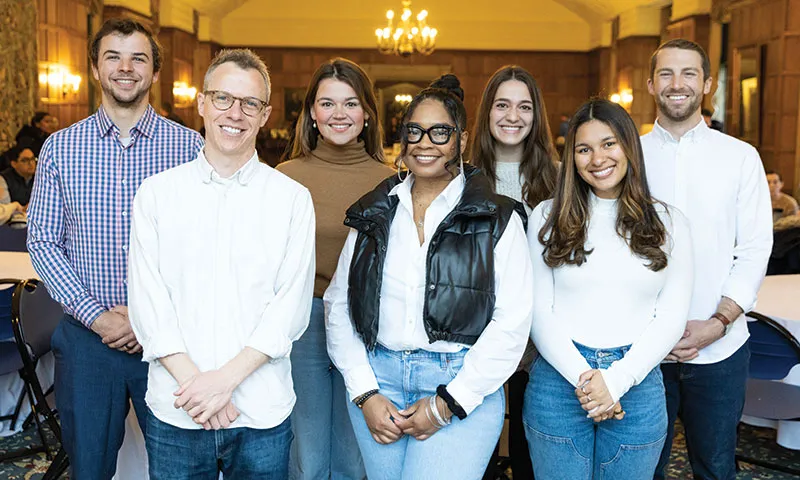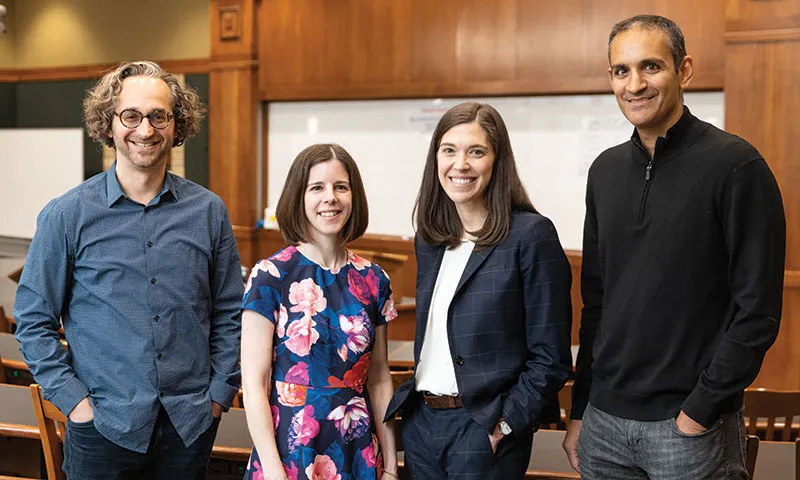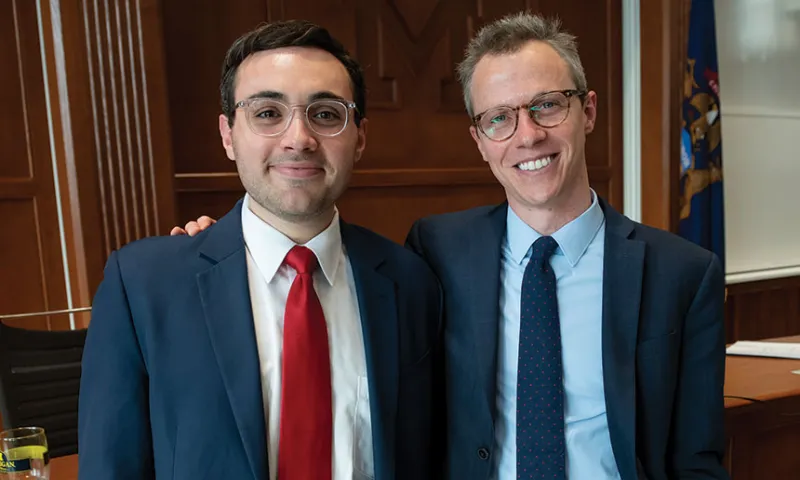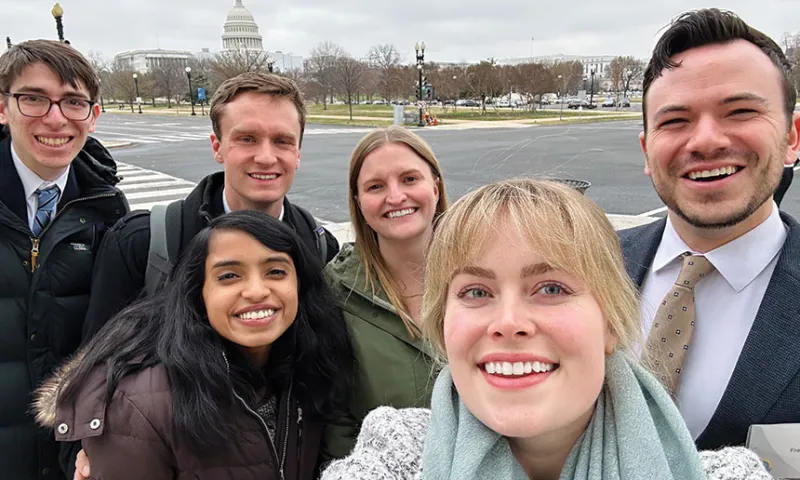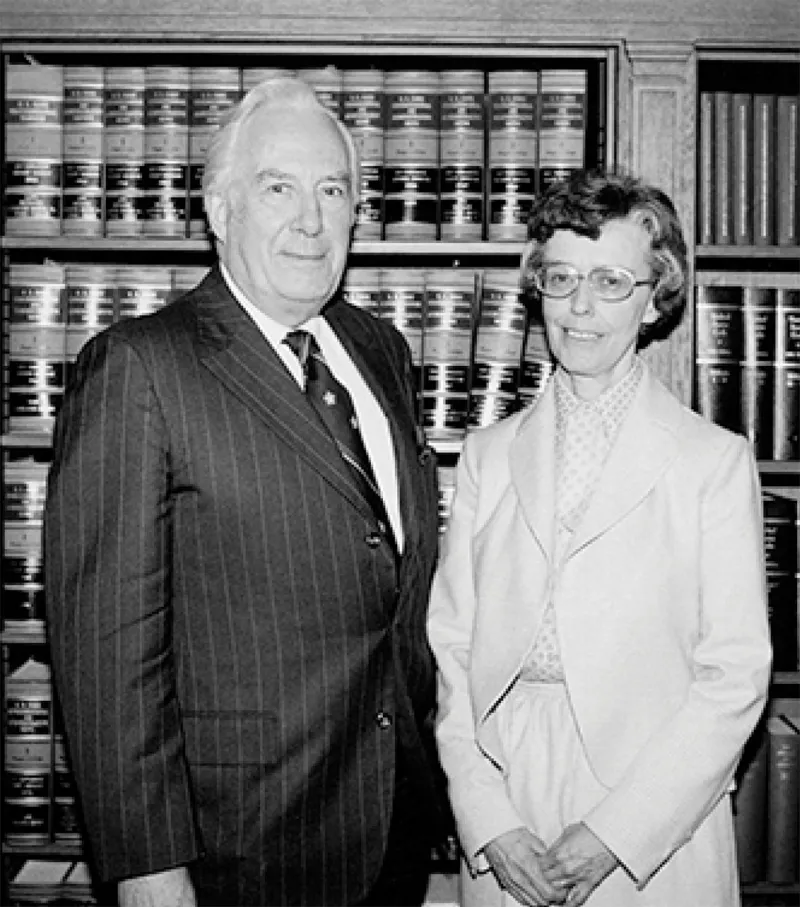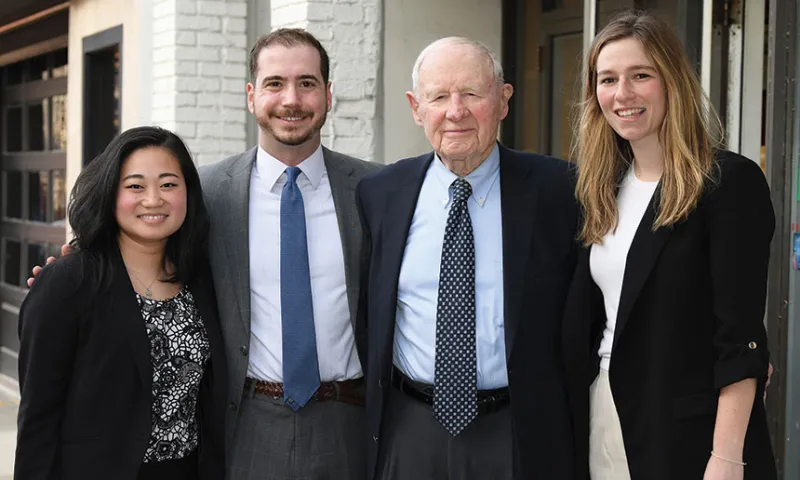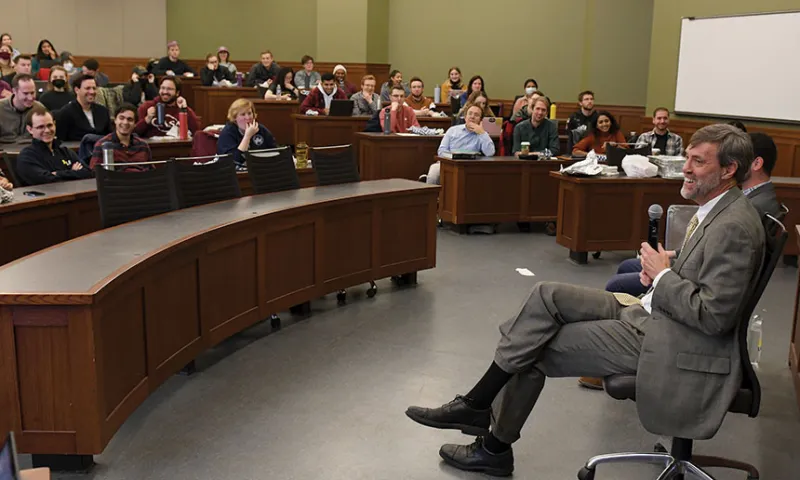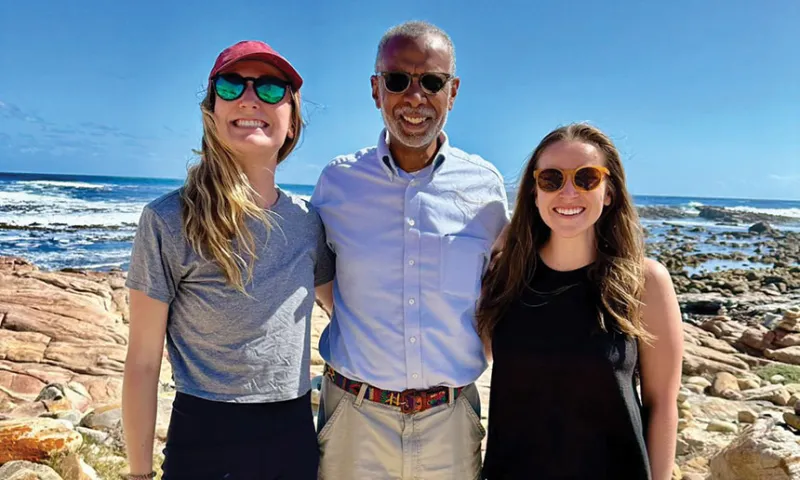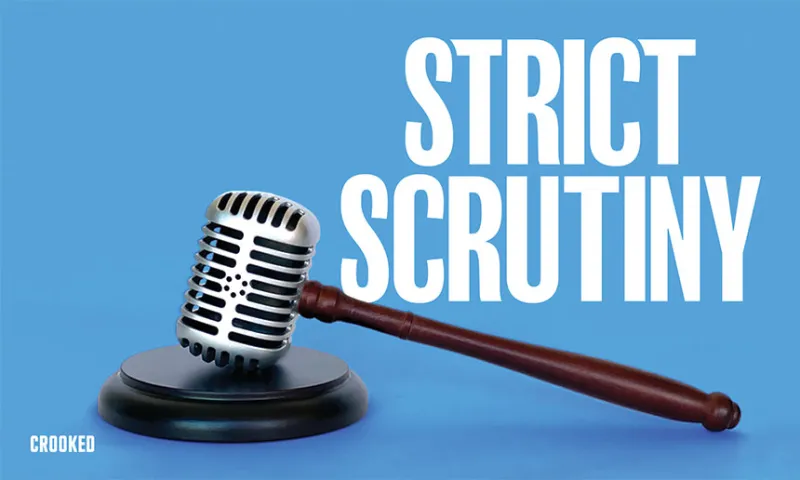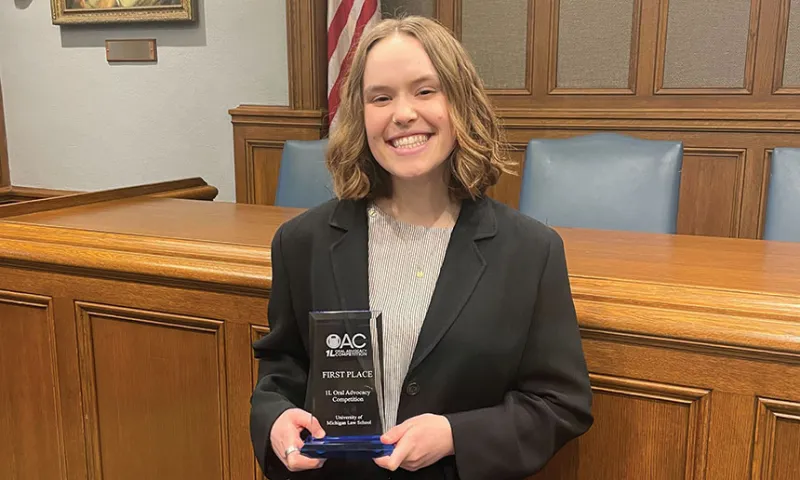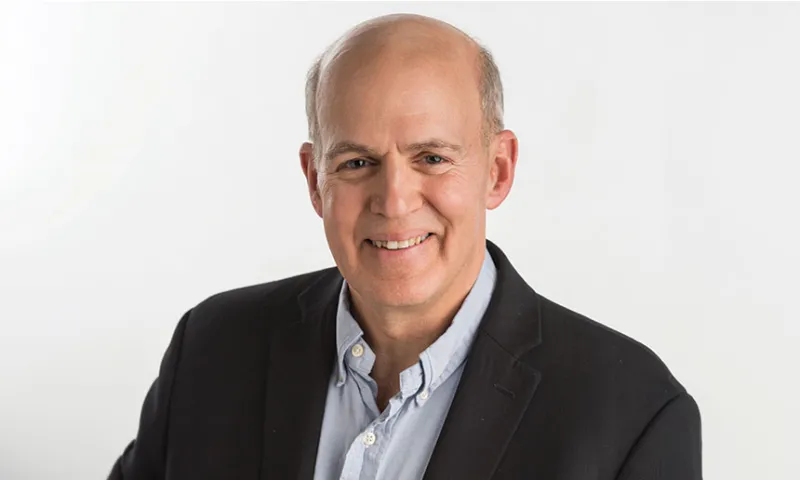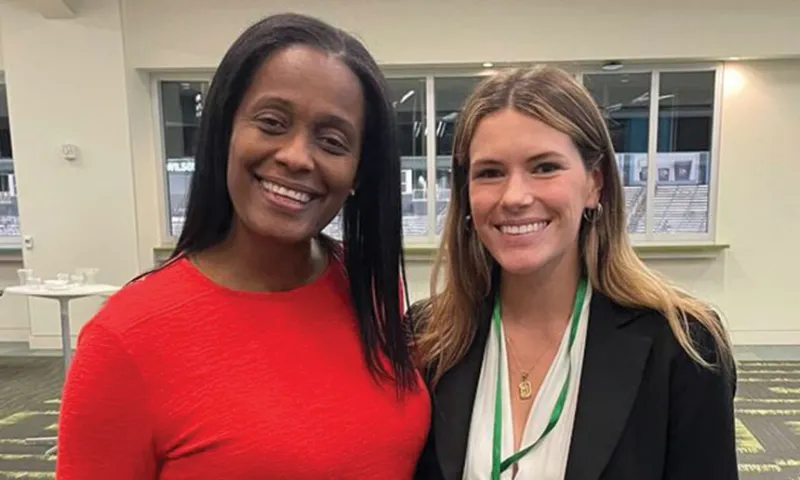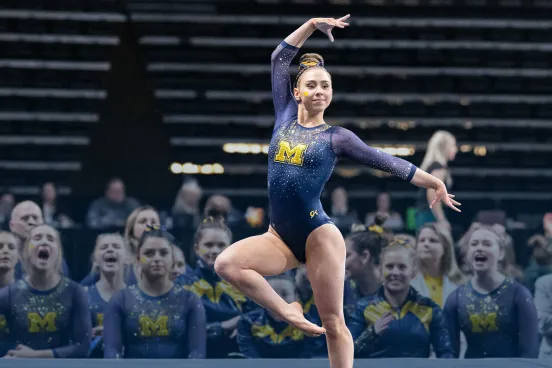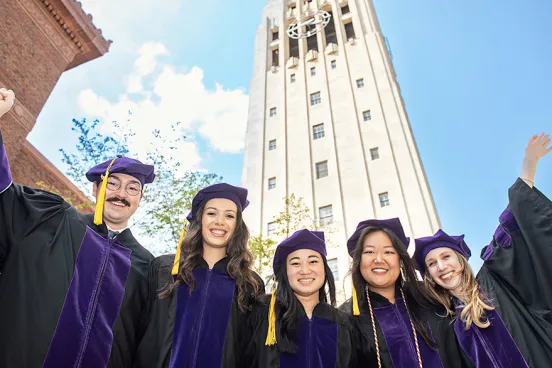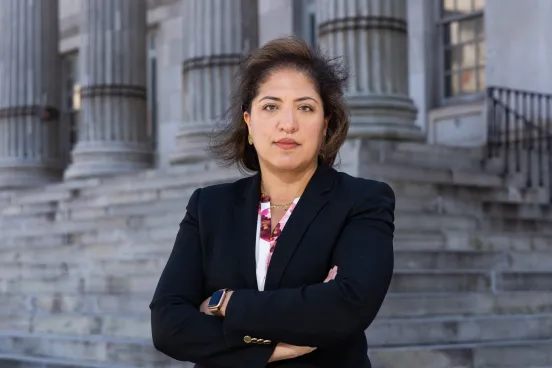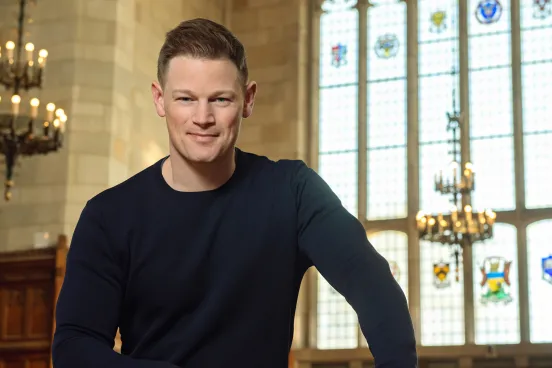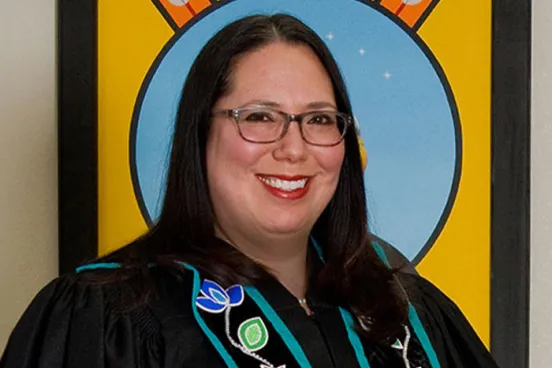“Gender apartheid is anathema to [the] foundational norms of international law, every bit as much as racial apartheid was to the analogous principles prohibiting race discrimination. Ultimately, as racial apartheid was for Black South Africans, gender apartheid is an erasure of the humanity of women. Every aspect of female existence is controlled and scrutinized.... There is no escape from gender apartheid. The solution cannot be the departure of half the population of the country.”
— Karima Bennoune, ’94, the Lewis M. Simes Professor of Law, in a March 11, 2023, Forbes article about the extreme repression women are facing under Taliban rule in Afghanistan. A recent United Nations report concluded that the discrimination constitutes gender apartheid; the article notes that, unlike racial apartheid, gender apartheid is not currently considered an international crime.
“What I find troubling is the ease with which history can be rewritten with digitally distributed works. There may be good reasons for edits in some cases, but from the perspective of cultural preservation, media criticism, and historical context, it’s a troubling trend.”
— Aaron Perzanowski, the Thomas W. Lacchia Professor of Law, in an April 26 New York Times story on whether to change books, films, and television shows to make them more palatable to contemporary sensibilities.
By the Numbers
“Criminal charges are not an either/or proposition. Falsifying business records may pale in comparison with the other crimes for which Trump is under investigation, but defendants don’t get a pass on other crimes just because they committed a more serious one in another jurisdiction.”
— Professor from Practice Barb McQuade, ’91, in a March 30, 2023, op-ed published in Time, “Alvin Bragg Did What He Had To Do in Indicting Trump.”
“A potent myth of legal academic scholarship is that it is mostly meritocratic and mostly solitary. Reality is more complicated.... Hierarchy, race, and gender all have substantial effects on who gets acknowledged and how, what networks of knowledge co-production get formed, and who is helped on their path through the legal academic world.”
— Keerthana Nunna, ’21, Professor Nicholson Price, and Jonathan Tietz, ’19, in their summary of “Hierarchy, Race, and Gender in Legal Scholarly Networks,” which was recently published in the Stanford Law Review.
“The International Commission of Jurists calls attention to systematic impunity enjoyed by [Myanmar’s] ruling junta and members of the military for gross human rights violations amounting to crimes against humanity, and the mass expulsion of Myanmar’s Rohingya Muslim population…. Mr. High Commissioner, what further measures can the Council take to protect the persecuted ethnic minorities in Myanmar?”
— Collin Christner, a 2L who spent the winter semester working for the International Commission of Jurists as part of the Law School’s Geneva Externship program. His statement to the United Nations Human Rights Council concerned Myanmar’s treatment of minority populations and political dissidents.
“More than a century ago, the Supreme Court held in Winters v. United States that treaties establishing Indian reservations should be construed to include a right to enough water to establish a homeland. More recently, the court in United States v. Jicarilla Apache Nation held that a tribal nation suing the federal government for breach of trust must point to contract or treaty language explicitly establishing a right. These two precedents have come into conflict here.”
— Matthew L.M. Fletcher, ’97, the Harry Burns Hutchins Collegiate Professor of Law, in a March 21, 2023, SCOTUSblog analysis of the Supreme Court oral argument in Arizona v. Navajo Nation. In April, Fletcher was elected to the American Academy of Arts and Sciences as one of just seven new law fellows nationwide.


